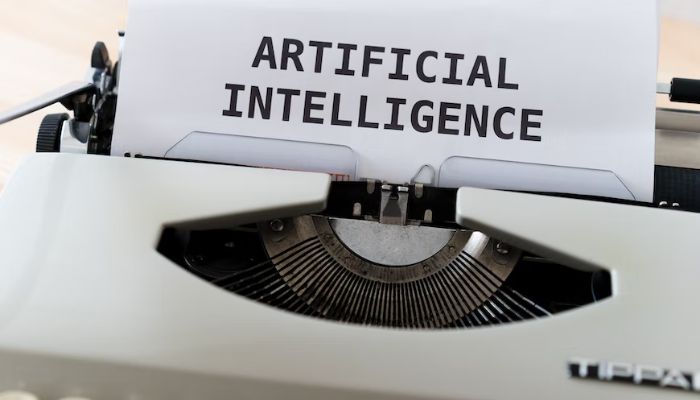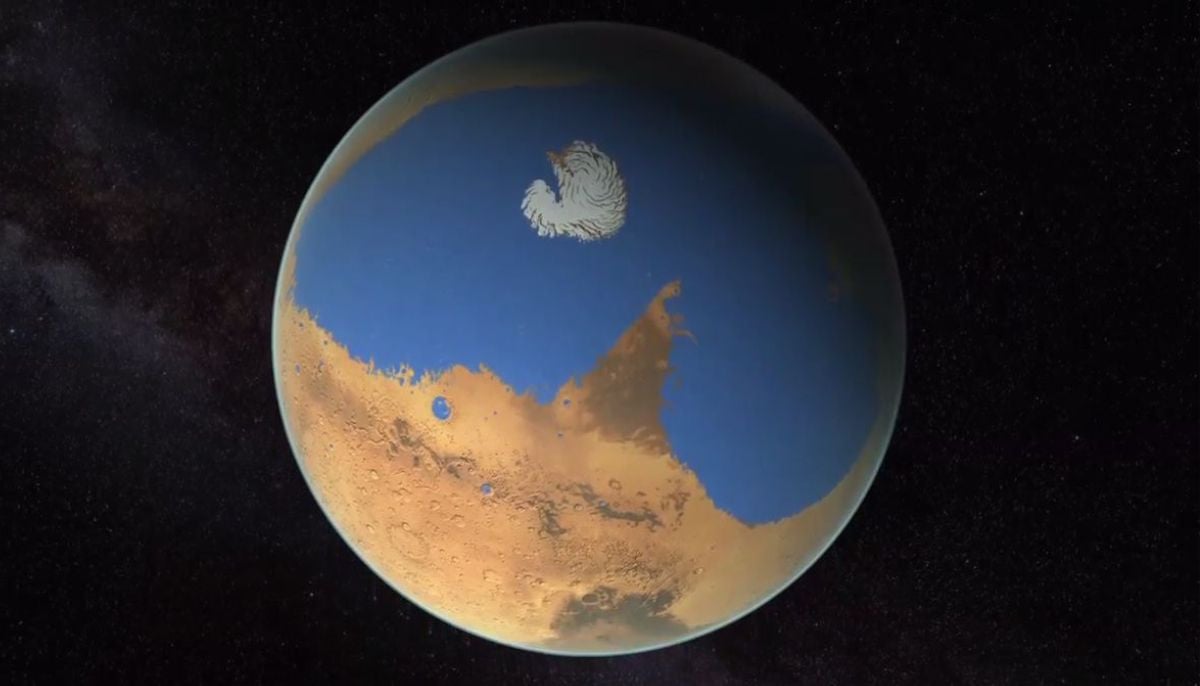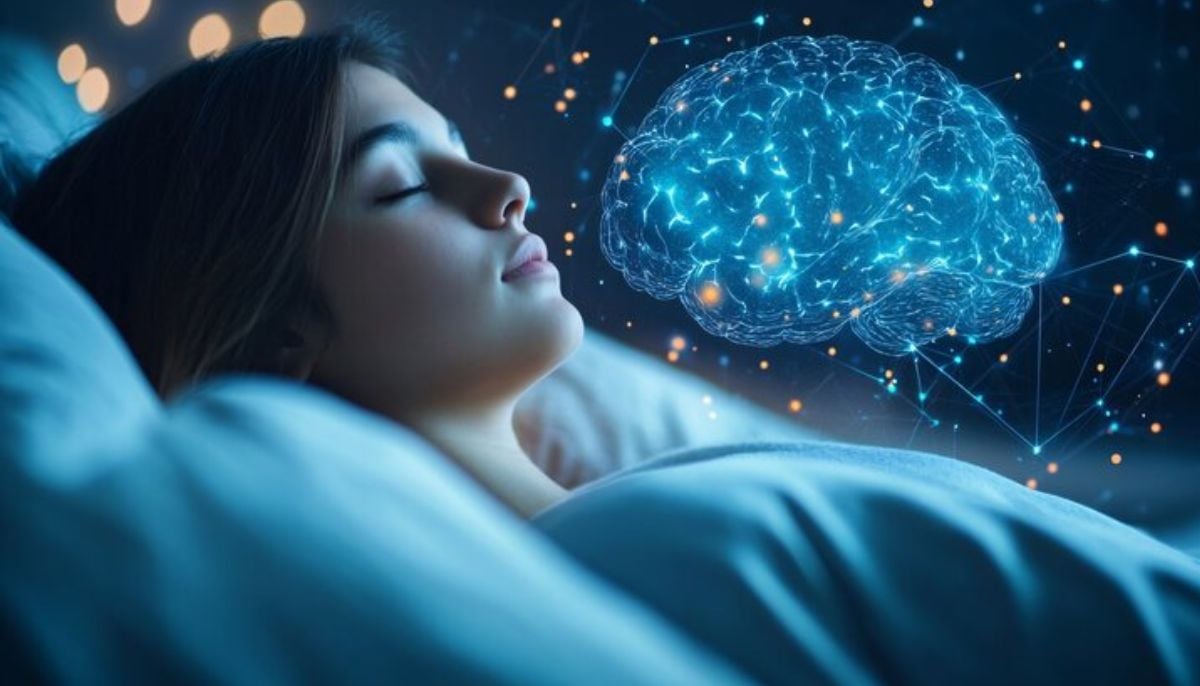All about AI chatbot ChatGPT
Since ChatGPT only provides you with raw text without any links or sources, you must put some effort into verifying the accuracy of the responses
With ChatGPT, a leading artificial intelligence company, you may ask questions in normal language and receive conversational responses. The bot keeps track of the conversation's flow and bases its subsequent responses on past queries and answers. Its responses are obtained from a vast amount of online data.
Its responses sometimes come out as quite authoritative. More than a million people are testing out ChatGPT a few days after its introduction.
Be cautious though, as ChatGPT's developer, the for-profit research facility known as OpenAI, cautions that it "may occasionally generate false or misleading information." Here's all about ChatGPT:
What is ChatGPT?
OpenAI published ChatGPT, an AI chatbot system, in November to demonstrate and test the capabilities of a very big, powerful AI system. You can ask it any number of questions, and you'll almost always get a helpful response.
You may, for instance, ask it to explain Newton's laws of motion in an encyclopedia inquiry. You can ask it to create a poem for you and then instruct it to make it more entertaining.
The problem is that ChatGPT doesn't really know anything. It is an AI that has been trained to identify patterns in significant amounts of text that has been taken from the internet and then further trained with the help of humans to provide more helpful, better dialogue. As OpenAI cautions, the answers you receive can seem logical and even authoritative, but they could also be completely incorrect.
Can a person chatting with a human and a machine distinguish between the two? That is the famous "Imitation Game" that computer scientist Alan Turing devised in 1950 as a means of determining intelligence.
However, chatbots come with a lot of baggage because businesses have tried, with varying degrees of success, to replace people with them in customer support roles. Over 70% of respondents in a study of 1,700 Americans sponsored by the startup Ujet said chatbots were a waste of time.
What can you ask?
You are free to ask anything, but you might not get a response. A few categories are suggested by OpenAI, including explaining physics, looking for birthday party inspiration, and receiving programming assistance.
The breadth of ChatGPT's knowledge and its ability to keep up with a conversation is noteworthy. It provided a few options when testers at CNET asked it for words that rhymed with "purple," and it didn't lose a beat when they added: "How about with pink?"
Who built ChatGPT?
OpenAI, a startup that does artificial intelligence research, created ChatGPT. Its goal is to create an artificial general intelligence system that is "safe and useful," or to assist others in doing so.
With GPT-3, which can produce language that can sound like it was written by a person, and DALL-E, which produces what is now referred to as "generative art" with text prompts you punch in, it has already made headlines.
Is ChatGPT free?
Yes, at least right now. The computational expenses are a lot, said OpenAI CEO Sam Altman, so "we will have to commercialise it somehow at some time," CNET quoted him as saying.
Will ChatGPT help students cheat better?
Yes, but it's not a simple black-and-white problem, just like with many other technological advancements.
Students could duplicate encyclopedia entries decades ago, but more lately, they have had access to the internet and Wikipedia entries. New features in ChatGPT include everything from research assistance to full-service assignment assistance. Many ChatGPT answers resemble student essays already, although frequently in a stuffier and more scholarly manner than a writer might desire.
Can it write software?
Yes, but with restrictions. In addition to producing actual programming code, ChatGPT can track the stages that people have performed. You only have to make sure it's not bungling programming ideas or employing software that doesn't work.
Is ChatGPT better than Google search?
Google frequently provides you with links to websites it believes will be relevant as well as its own proposed answers to inquiries. It's simple to think of GPT-3 as a competitor because ChatGPT frequently provides responses that are significantly superior to those that Google will recommend.
But before putting your faith in ChatGPT, pause. It's a great practice to confirm information from authentic sources before relying on it, just like with Google itself and other information sources.
Since ChatGPT only provides you with raw text without any links or sources, you must put some effort into verifying the accuracy of the responses.
-
Total Lunar eclipse: What you need to know and where to watch
-
Sun appears spotless for first time in four years, scientists report
-
SpaceX launches another batch of satellites from Cape Canaveral during late-night mission on Saturday
-
NASA targets March 6 for launch of crewed mission around moon following successful rocket fueling test
-
Greenland ice sheet acts like ‘churning molten rock,’ scientists find
-
Space-based solar power could push the world beyond net zero: Here’s how
-
Hidden ‘dark galaxy' traced by ancient star clusters could rewrite the cosmic galaxy count
-
Astronauts face life threatening risk on Boeing Starliner, NASA says












